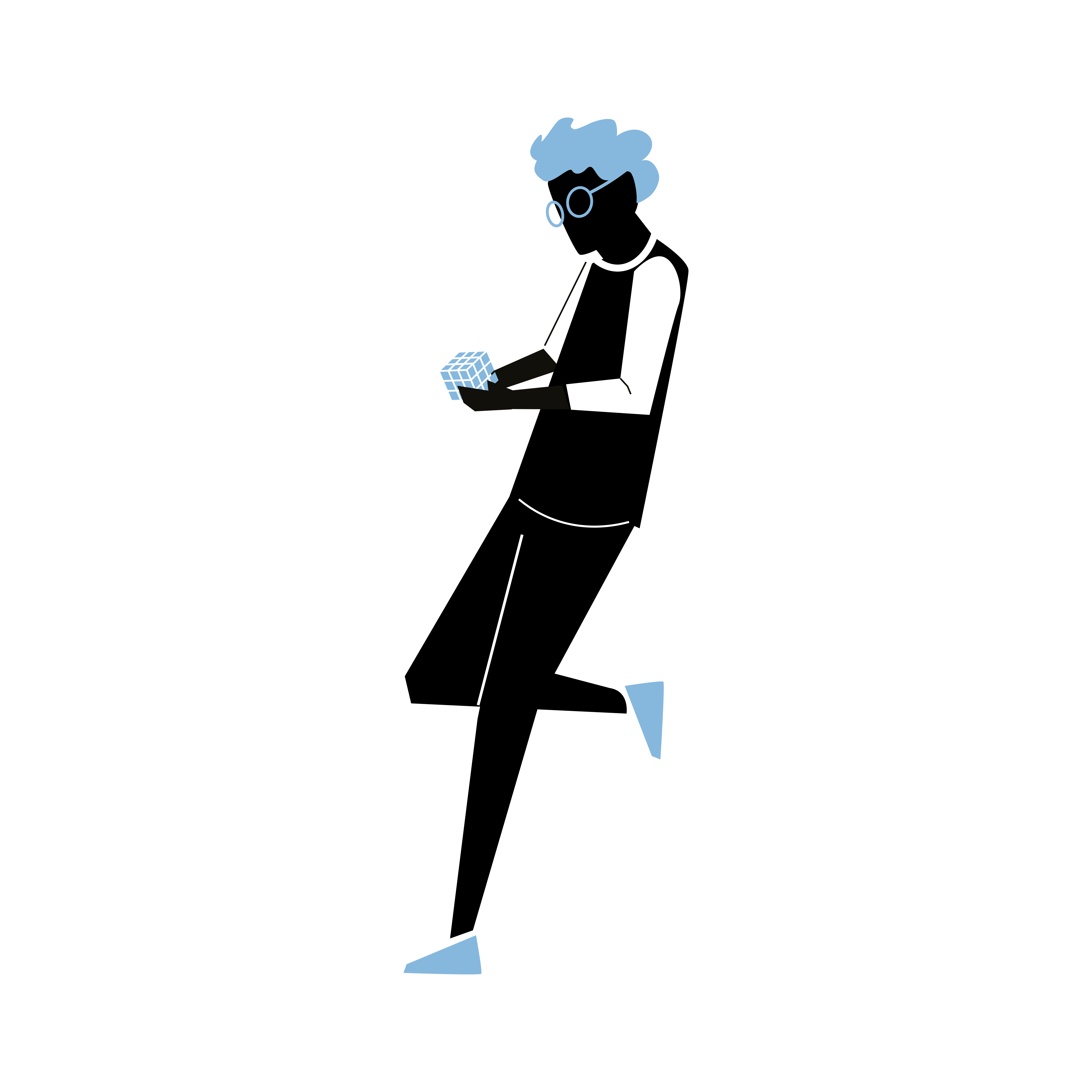Marieke Lucas Rijneveld’s The Discomfort of Evening winning the International Booker Prize 2020 is a historic moment, not just for the novelist, but for the Booker prize itself: Rijneveld is the first non-binary person to win this award, and also the youngest. Their novel shows its readers what happens when elements of a Greek tragedy saunter into a dairy farm in modern day Norway. Bookended by tragic events, it invites its readers, literally, to sink beneath the ice into deep, dark waters. This is a novel that deals in subterranean emotions, and the usual suspects make casual appearances: a family death, a guilty protagonist, libations (animal sacrifice in 21st century terms), incest, and self-sacrifice.
But unlike classical tragedians, Rijneveld resists expectations of grandeur. The protagonists are children, wielding monarchic power over toads and hamsters. Dealing with continuous pragmatic demands, the book has no time for passions like anger and terror, arguably prioritised by modern philosophical discourse. Instead, the author slips into pettier, liminal emotions, creating cross-sections of envy, guilt, and boredom. Ugly feelings. So when death does arrive, it “still felt ugly and as indigestible as the lost tiger nut we found days after a birthday party behind a chair.” Jas, the protagonist, prays that her brother Matthies be killed instead of her pet rabbit, and this wish comes true. The resulting emotional spiral and family deterioration is explored, not through sorrow or sympathy—Jas cannot bring herself to cry—but through cruelty, constipation, and ugliness.
These are pernicious, durable feelings with a special capacity to get under our skin—feelings that we tend to brush aside. The author’s unswerving spotlight on these emotions illuminates their true depth, the impressions that minor feelings give us about our world, and the structural issues they reveal. In her academic text Ugly Feelings, Sianne Ngai discusses the importance of studying smaller, more undistinguished emotions as a focal lens for cultural and social registers—for analysing our own lives. She writes, “If Ugly Feelings is a bestiary of affects, it is one filled with rats and possums rather than lions, its categories of feelings generally being, well, weaker and nastier.” This is especially apt for The Discomfort of Evening, in which cows and hamsters are metaphors for the powerlessness of its child characters.
Rijneveld’s approach allows them to excavate hidden childhood memories and imbue the child-protagonist, Jas, with vivid interiority. For them, death means paying attention to small details. Parts of childhood that adults often want to forget—sexuality, bodily discomfort, scatological preoccupations—are traced out in unsparing detail. This is an unforgiving book in its own way. Its unflinching exploration of the abject: animal abuse, wounds, scatology, bodily fluids, and other off-putting subjects strongly recalls Julia Kristeva’s The Powers of Horror, in which she zooms in on the separation between human and animal, between culture and the primordial. Rijnevald subverts these distinction methodically: scenes tying together sex, animal abuse, and murder draw attention to the fragility of human social order. The book’s material significations of death—pulled teeth, corpses—disrupt a reality based on a rejection of its trauma.
This is a lot, especially for a child-protagonist who only ever wanted her family’s safety: “What I wanted was to keep everyone safe indoors and spread them out across the farm like slices of cooked sausage.” It is evident why the book’s central themes of death, loss, and safety resonated with the International Booker jury in 2020, a year marked by disease and danger. And yet, the privacy and self-sufficiency the novel seems to advocate, the secret emotions felt individually, not as a collective, seem at odds with an award like the Booker. “I am a private person,” Rijneveld mentions. “I don’t tell a lot of people around me about my secrets.” The trajectory out of the novel out in the world, however, has been distinctly public. After becoming a bestseller in the Netherlands, it went on to win an international literary award as famous as it is institutional.
This is a year that questions the significance of literary prizes—The Discomfort of Evening hasn’t sold many copies after the announcement. While the financial benefits and prestige they confer are often seen as a breath of new life into the publishing industry, these prizes, and the Booker in particular, have also been a source of suspicion and controversy. “I have to turn this prize against itself,” said John Berger in his Booker acceptance speech in 1972. Berger’s decision to share half his prize money with the Black Panthers clearly highlighted Booker McConnell’s complicity in colonial exploitation of the Caribbean. Berger decided, “as a revolutionary writer, to share this prize with people in and from the Caribbean, people who are involved in a struggle to resist such exploitation and, eventually, to expropriate companies like Booker.”
Berger’s speech also points to one of the central ironies of the International Booker: as a company founded on colonial money and run on the vestiges of imperial power, can it truly benefit Commonwealth literary cultures? Or does it become yet another cultural manifestation of the same power patterns? Several authors would agree. Julian Barnes once called it a “posh bingo” that caters to ruling elites, an institution run by commercial interests. The dangers here are very real; prizes like this can create expectations for a certain kind of literature, especially from postcolonial writers, who might feel compelled to market their writing in a way that is palatable to prize-committees exactly like Booker.
Clearly, it pays to be suspicious of prizes, and keep an eye on the protagonists running the machines of literary production. It is also important, at the same time, to remember one of the primary functions of literature: to communicate, an increasingly important task in our times. This seems to be the spirit Rijneveld has taken the award in, and the animating force of the book: “Now I know much more what loneliness can be like, and that it’s important to invest in human contact,” they said. “A lot of writers struggle with that,” they added. “I’m certainly one of them.”

Our mascot writes all ALMA Staff pieces. ORI is whimsical and unpredictable; we’ve tried being friends with him and failed.

